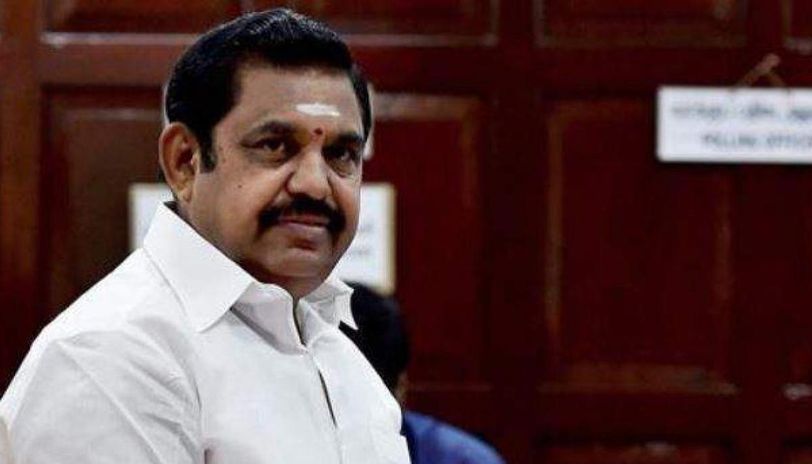Tamil Nadu becomes second best-governed State in India
Tamil Nadu has been decreed as the second best-governed State in the nation, as indicated by the Public Affairs Index-2020 released by the Public Affairs Center situated in Bengaluru on Friday. The report said the governance performance has been broke down with regards to sustainable development characterized by equity, growth, and sustainability.
Four southern states, Kerala (1.388 PAI Index point), Tamil Nadu (0.912), Andhra Pradesh (0.531) and Karnataka (0.468) remained in the first four ranks in the ‘Huge States’ category regarding governance, the report said.
Previous Indian Space Research Organization (ISRO) chairman K Kasturirangan, who heads the PAC, said the States were positioned on governance performance dependent on a composite index with regards to sustainable development.
Uttar Pradesh came toward the end in the ‘Large States’ category. Uttar Pradesh, Odisha, and Bihar were at the lower part of the ranking, scoring negative points in the category. They got – 1.461, – 1.201 and – 1.158 points respectively.
In the ‘Small States’ category, Goa was positioned first with 1.745 points, trailed by Meghalaya (0.797) and Himachal Pradesh (0.725). Chandigarh rose the best-governed Union Territory in the category of UTs with 1.05 PAI points, trailed by Puducherry (0.52) and Lakshadweep (0.003). Dadar and Nagar Haveli (- 0.69), Andaman, Jammu, and Kashmir (- 0.50), and Nicobar (- 0.30) were the worse than average performers.
Kasturirangan underlined on the significance of a scientific way to deal with sustainable development and stated: “Real obstacles stand in the path of a fuller understanding of persistent inter-generational deprivation and loss of opportunity challenges, that appear to reproduce themselves, especially in parts, of some states.
To begin with, the influence of a ‘one size fits all’ approach on our development outlook has been pervasive; and the overwhelming majority of interventions, including centrally sponsored schemes, designed and implemented mechanically, sometimes unwittingly perhaps, running counter to the doctrine of objective pluralism.
“The evidence that PAI-2020 generates and the insights that it provides must compel us to reflect on the economic and social transition that is underway in India; and what its implications for future development praxis might be.”

Arnav Reddy was an iconic writer known for his science-fiction and high fantasy short stories. He was raised in a household in which the exploration of article ideas and fact-finding was encouraged. He became one of the most decorated writers in the publishing fraternity, winning multiple prizes for his excellent writing.
Disclaimer: The views, suggestions, and opinions expressed here are the sole responsibility of the experts. No Times of Chennai journalist was involved in the writing and production of this article.

